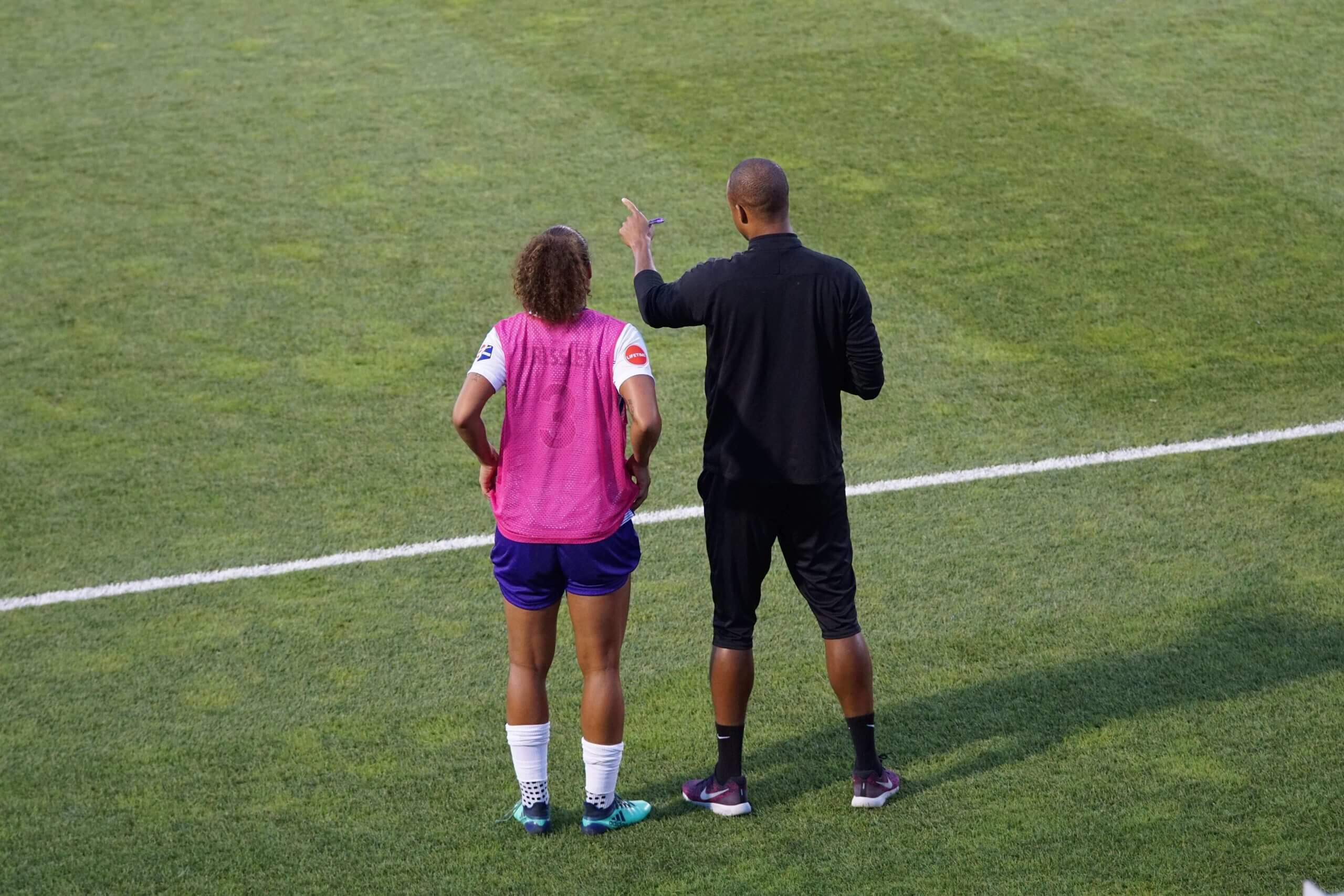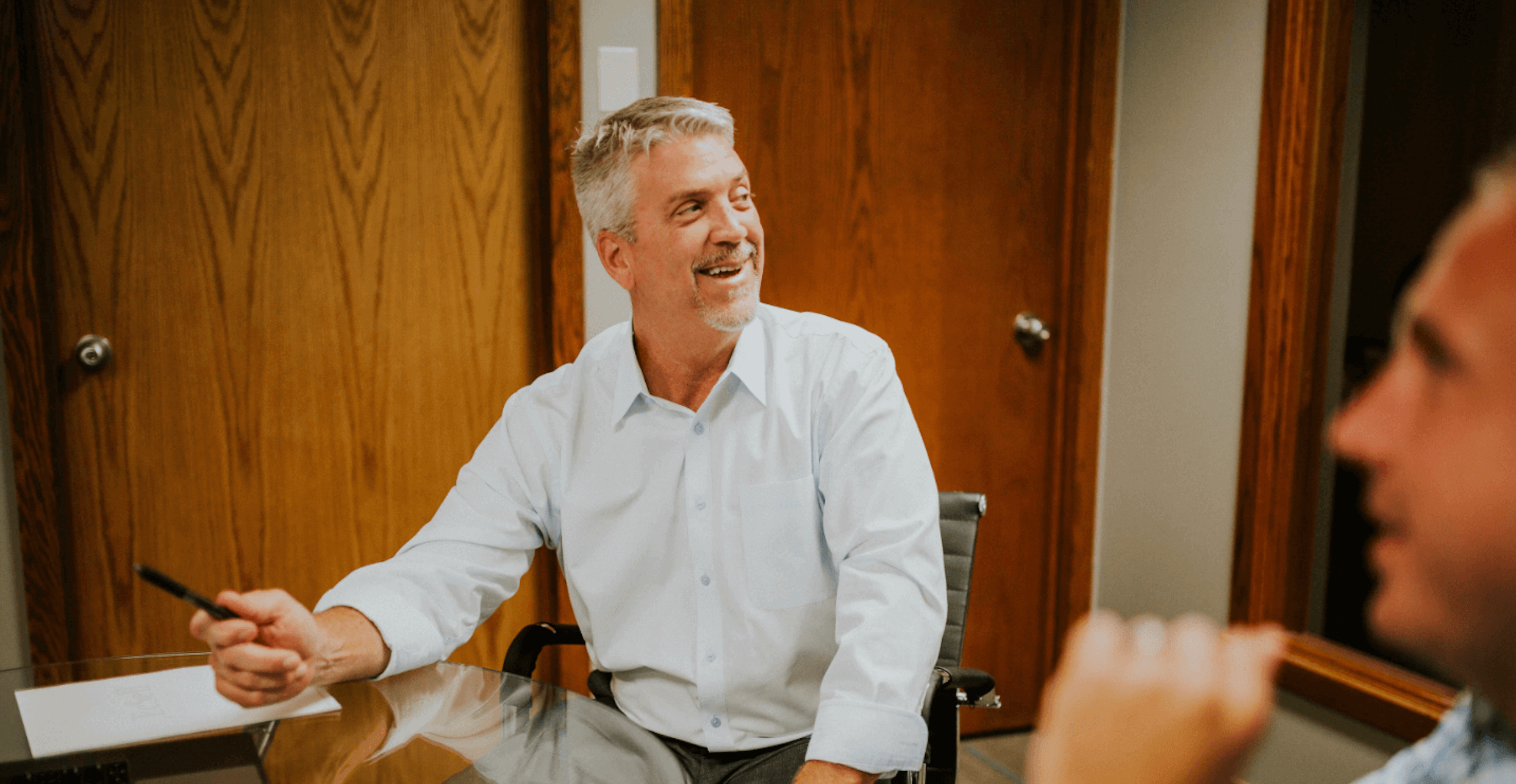Coaches who have a hard time wrapping their heads around the idea that sport is a mental game can benefit from a change of mind. And once they hear our success stories, it’s not hard to convince them.
Psychology pays off. Specifically, psychological safety – especially when it comes to student-athletes. Our research at Ecsell Sports has repeatedly revealed that, when a team’s players feel comfortable voicing opinions and asking questions free of judgment, it leads to fearless performance. And when student-athletes play fearlessly, they have an easier time reaching the elite level coaches crave.
Even more telling? When we survey teams and get a view of coaches from the eyes of the student-athletes, we discover that psychological safety is the area where coaches have the most room to grow.
Yogi knew about psychological safety, so did others
Quasi-philosopher Yogi Berra, the late-great Yankees catcher, was onto something when he claimed that baseball is 90% mental and 10% physical. American MMA competitor Phil Davis took it a step further: “The mental game is the entire game. The physical is only an extension of what you’re capable of doing mentally.
And perhaps sports psychologist Dr. Stephany Coakley put it best: “Every practice and competition begins with the way you think. The quality of your thoughts is critical.
This brings us back to why creating a psychologically safe environment is key to establishing an elite athletic department with elite coaches and players. First and foremost, psychological safety means establishing trust, which leads to student-athletes feeling accepted and respected by their coaches. Having trust means student-athletes have the confidence to voice their opinions and ask questions free of judgment.
Real examples, actual results
One of our favorite success stories at Ecsell Sports involves a volleyball coach who was completely unaware she was managing a program where her student-athletes did not feel psychologically safe. When we showed her the results of the student-athlete survey—a web-based anonymous questionnaire—she was blown away. “I had no idea my players felt this way,” she told us. Her following statement was one we love to hear: “How do I change this?
When athletic directors hire us to work with their coaches, we put together a plan of actionable insights after assessing the coaches’ strengths and pinpointing opportunities for improvement. With our well-stocked library of tools, Ecsell offers the coach ways to build better trust-based relationships and provide a team environment that challenges each student physically and mentally to create growth in their respective sport.
In this case, we recommended a player retreat before the season. It was a way for the players and the coaches to connect on a personal level and begin to build that trust. When the season began, the coach implemented a new practice feature that took place before any drills or workouts began: She asked each player to talk about the best part of their day. Again, this was a way to build trust among the players by letting them share personal insight with their teammates.
The players played more freely. They were confident, secure and willing to voice opinions and ask questions. This atmosphere led to the team’s – and coach’s – growth.
The coach’s fearless and free environment allowed her players to excel in games and in their personal lives. How did that volleyball team perform? The team reached the state championship for the first time in 20 years.
Getting uncomfortable, and why that’s a good thing for your mind
With a focus on psychological safety – one of Ecsell Sports’ six primary coaching Themes – we can help coaches grow to become complete, high-performing coaches so they can more positively impact their student-athletes.
We talk about model behaviors, building relationships and treating all players with equal accountability. With our data-driven information and improvement tools, we offer alternatives on how the coach engages with student-athletes during team practices and games. With in-season assessments, we help coaches identify and resolve previously unknown psychological safety issues and pivot to new coaching methods that can positively impact the student-athlete and the development of their young lives.
Of course, growth and being challenged can be uncomfortable. And that’s ideal. That discomfort – the departure from “how we’ve always done things” – can forever change a coach and their student-athletes for the better. After all, true growth only occurs in discomfort.










